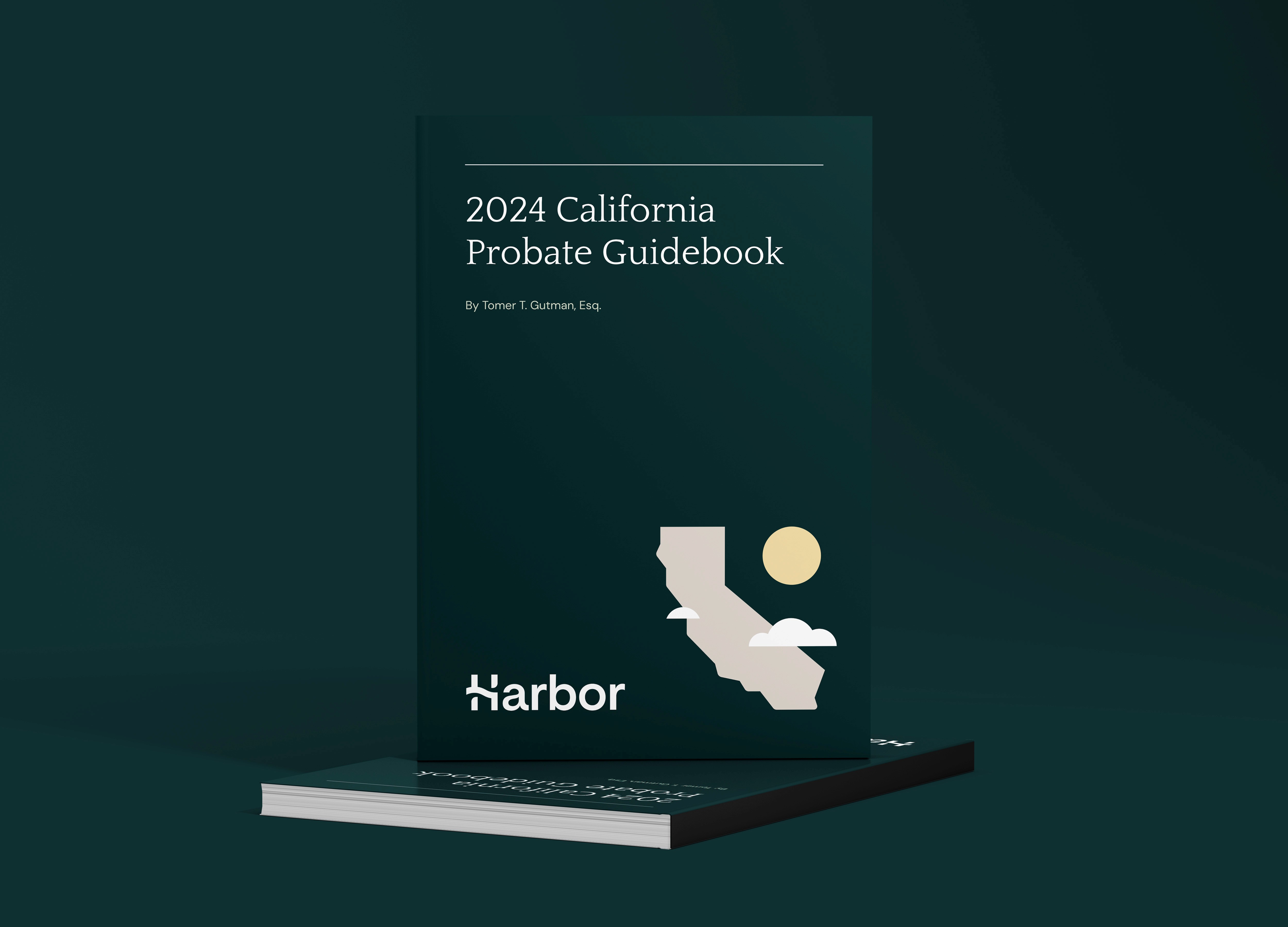GLOSSARY
Decoding estate planning terminology.
Our Glossary is your key to understanding the specialized language of the probate journey. It breaks down complex terms and phrases into clear, easy-to-understand definitions, empowering you to confidently navigate the often confusing legal landscape.
Administrator
A person appointed by the court to manage an estate if there's no will, or if the will didn't name an executor. Also known as a personal representative.
Affidavit Procedure
A simplified probate process for small estates in which heirs claim their inheritance through an affidavit.
Beneficiary
A person or organization that is designated in a will or trust to receive assets.
Creditor
A person or institution to whom the decedent owed money at the time of death.
Debts and Taxes
These must be paid from the estate before any distribution to the heirs or beneficiaries can occur.
Estate
Generally refers to all the property and assets owned by a person at the time of their death.
Executor
The person named in a will to manage the estate of the deceased. Also known as a personal representative.
Fiduciary or Court Accounting
A detailed accounting report showing all the financial transactions related to the estate which complies with the California Probate Code.
Heir
A person legally entitled to inherit from the estate of someone who died without leaving a valid will.
Intestate
Dying without leaving a valid will. The estate of an intestate person is distributed according to state intestacy laws.
Inventory
A detailed list of all of the decedent's assets at the time of death.
Letters of Administration
A document issued by the probate court giving an Administrator the authority to handle the decedent's estate.
Letters Testamentary
A document issued by the probate court giving an Executor the authority to take control of and distribute the decedent's assets.
Living Revocable Trust
A trust created during a person's lifetime that can be altered, changed, modified or revoked entirely, so long as the creator or settlor is alive and well.
Non-Probate Assets
Assets that can be transferred to another person upon death without going through probate, such as life insurance, payable-on-death assets, or assets held in a trust.
Probate
The legal court-supervised process of distributing a deceased person's assets to heirs or beneficiaries and paying off any debts.
Probatable Assets
Assets that are owned solely by the deceased and not immediately transferable upon death without probate.
Probate Court
The department or district within a local judicial system that oversees the probate process and probate matters.
Spousal Property Petition
A procedure that allows for a quicker and simpler transfer of estate assets to a surviving spouse.
Summary Proceedings
Simplified probate procedures for estates below a certain value.
Testate
Dying while having a valid will in place.
Trust
A legal arrangement in which one person (the trustee) holds legal title to property for another person (the beneficiary).
Will
A legal document in which a person specifies how their estate should be distributed after their death.
